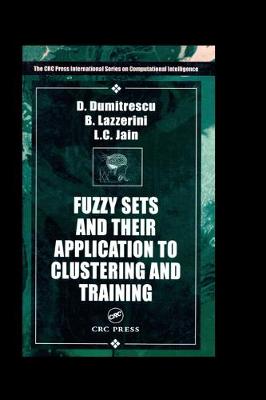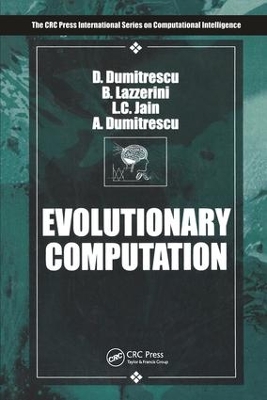International Series on Computational Intelligence
2 total works
Fuzzy Sets & their Application to Clustering & Training
by Beatrice Lazzerini, Prof. Lakhmi C. Jain, and D. Dumitrescu
Evolutionary Computation
by D. Dumitrescu, A. Dumitrescu, C Jain Lakhmi, and Beatrice Lazzerini
Rapid advances in evolutionary computation have opened up a world of applications-a world rapidly growing and evolving. Decision making, neural networks, pattern recognition, complex optimization/search tasks, scheduling, control, automated programming, and cellular automata applications all rely on evolutionary computation.
Evolutionary Computation presents the basic principles of evolutionary computing: genetic algorithms, evolution strategies, evolutionary programming, genetic programming, learning classifier systems, population models, and applications. It includes detailed coverage of binary and real encoding, including selection, crossover, and mutation, and discusses the (m+l) and (m,l) evolution strategy principles. The focus then shifts to applications: decision strategy selection, training and design of neural networks, several approaches to pattern recognition, cellular automata, applications of genetic programming, and more.

